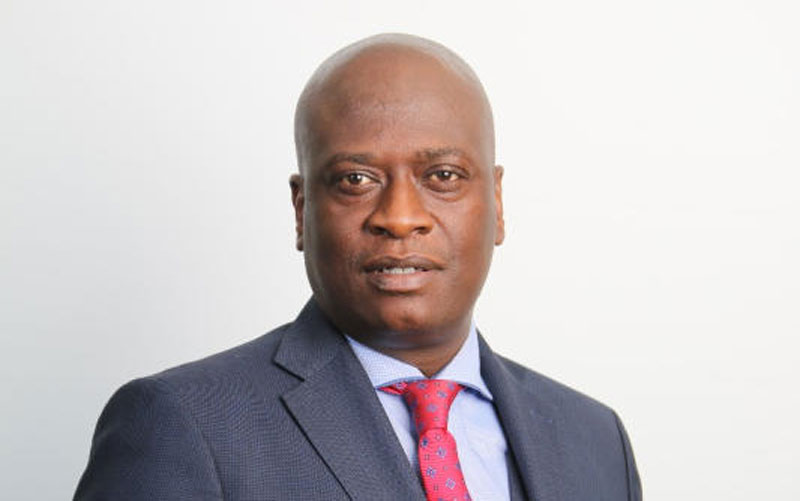BTN Chairman Alex Chesosi [Courtesy]
×
The Standard e-Paper
Kenya’s Boldest Voice

From an early age, Mr Alex Chesosi held lofty ambitions of making it big in business and sharing a table with Kenya’s affluent.
After high school, he was to pursue a Bachelor of Education (Science) course at the university that would have earned him a career as a teacher, but he focused on a different field.